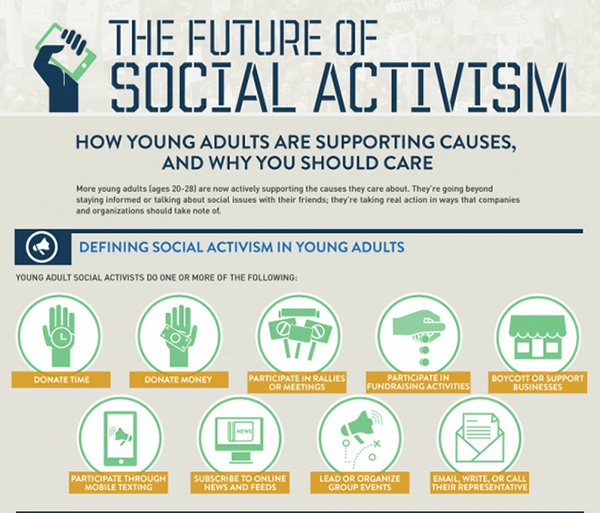Upon learning that things on my profile might become less private, I hurried to check my privacy settings. Almost everything on my wall can be seen by friends only. It was really easy to do. I clicked about 3 buttons/links to change my settings.
I scratched my head, wondering why people are so freaked out by changes that are easily addressed and tweaked. Seriously, people, this isn't rocket science.
But then I remember that I belong to the digital generations, the ones who grew up around computers. I doubt my mother would have been able to figure out her privacy settings so easily.
Still, I feel like nothing much has drastically changed for me regarding privacy.
We all know the government listens in on our phone conversations. They minister basically everything digital we day and do. This isn't old news. So I'm not sure why the idea of face-recognition and privacy changes are such a big deal to people.
Our privacy has already been compromised. As long as I'm not posting pictures that make sure I don't get hired (and I don't) then I should be fine. There's nothing on my Facebook wall I don't mind the public seeing. Everything else is hidden.
Bellyachers need to understand how to use the tools at their disposal, or not use them at all. We gave up privacy a long time ago, with the advent of the Web, but we can still manage what the public sees.


